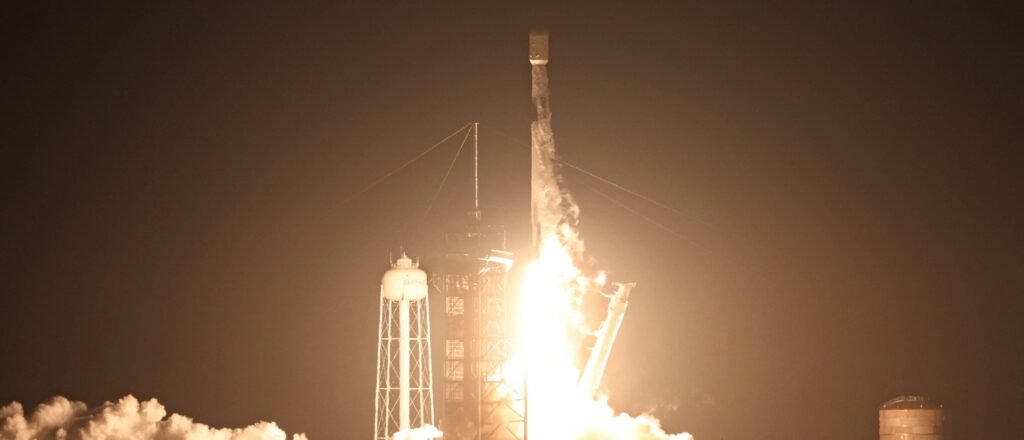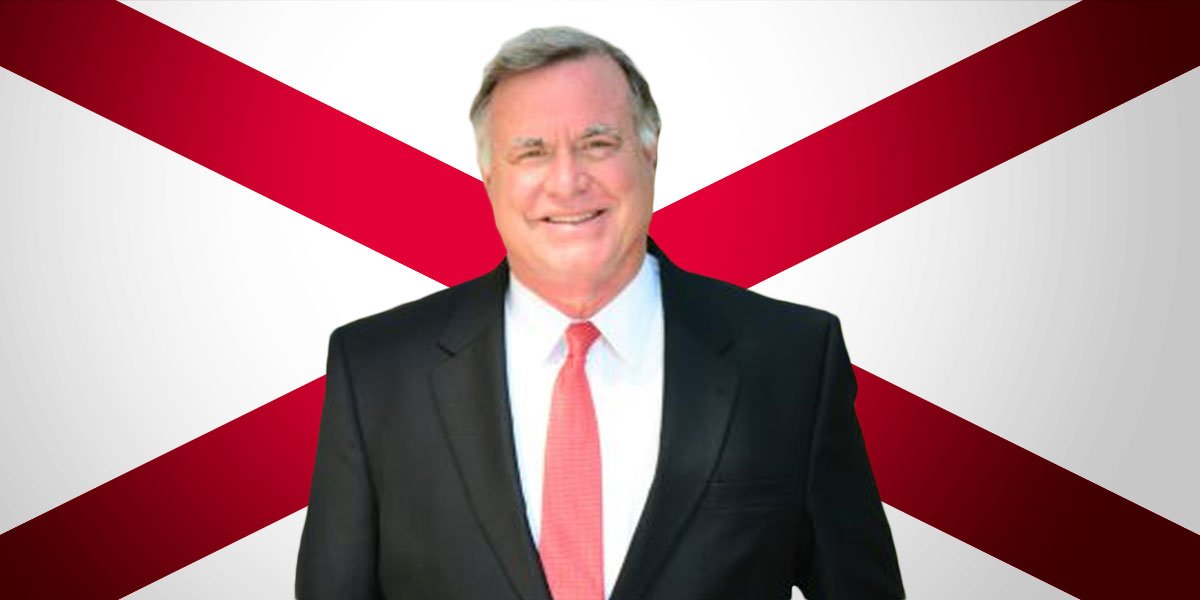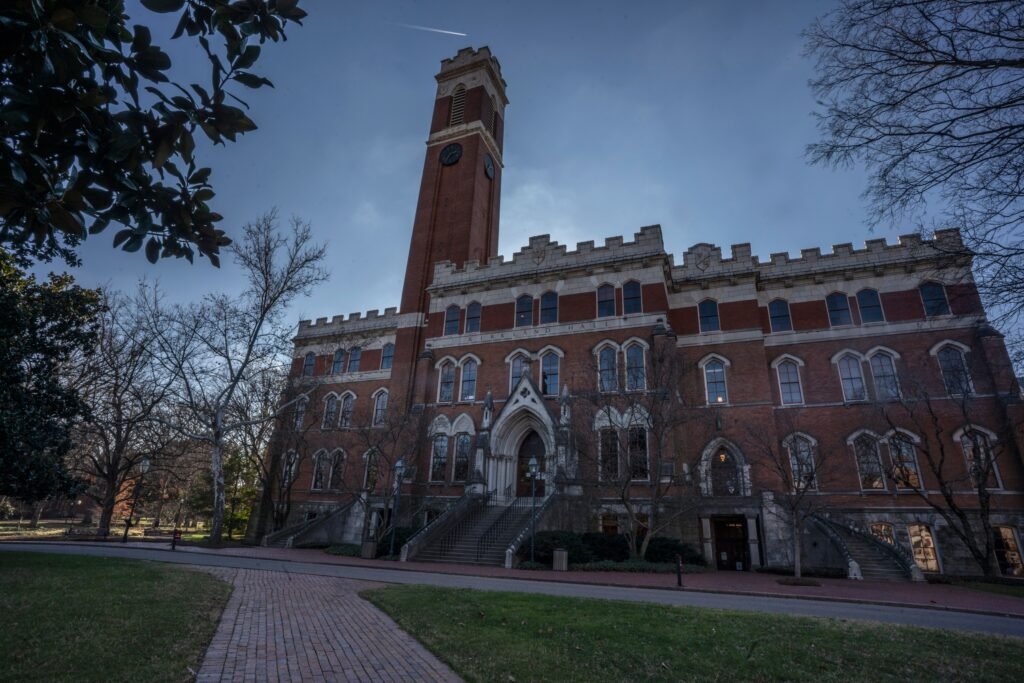Space exploration was once the greatest symbol of American exceptionalism. The courage, perseverance, and adventurous spirit that won the American Revolution and achieved Manifest Destiny have a logical continuation today. It is precisely these qualities that helped us win the space race and put humans on the moon for the first time in 1969. But decades later, we are slowly losing what makes us special. We gave up our desire for greatness and instead settled for comfort, safety, and security. Our national spirit has been damaged because of it.
Now in this era many people think Our best days are behind us, but our unflinching return to space exploration gives us new reason for hope. A new generation of visionaries from the Space Initiative, NASA, and Elon Musk's SpaceX, a public-private partnership, has launched an unmanned spacecraft on a trip to the moon. After a week-long journey, the ship, named Odysseus, successfully landed on the moon Thursday night. This was the first mission in more than 50 years. (Related: US achieves first moon landing in 50 years)
.@Int_Machines Mission Director: “What we can confirm with certainty is that our instruments are on the moon and transmitting.” pic.twitter.com/MHwOiTk3Uo
— CSPAN (@cspan) February 23, 2024
The name, of course, comes from Homer's legendary adventurer from the Greek epic Odyssey.,” Written around 800 BC. For the Greeks, greatness came from striving to be more than a mere mortal by accomplishing feats worthy of the gods. It is between the human and the divine that Greek heroes lie, which makes the lessons of this timeless work still applicable today. No one could provide a better metaphor for the fundamental character of Western greatness and America's return to space exploration than Odysseus himself.
Odysseus, the king of Ithaca, a great warrior and cunning tactician, left his wife and newborn child and sailed to Troy to fight for the Greeks. For nine years, he fought alongside other Greek heroes, Agamemnon and Achilles, and camped on the coast, unable to break through the city's gates. In the tenth year, the city fell, and the noble Odysseus began his journey to his homeland. However, it would be another 10 years before he saw his homeland again.
The biggest missed opportunity in movie history was not giving Sean Bean a post-Troy Odysseus movie. pic.twitter.com/5LIPCKIgDU
— Zach Hartsman (@HeyListenGames) February 22, 2024
“The Odyssey” tells the story of his return, and what a story it is. Pursued by the sea god Poseidon, Odysseus and his crew face numerous challenges. He fights sea monsters and cyclops and resists the calls of sirens until he is the last man alive among his crew. Stranded ashore on the desolate island of Ogygia, he must face his most difficult challenge yet: the darkness within himself.
Here Odysseus meets Calypso, an immortal nymph who seduces him for seven years. She gives him a chance at her immortality – if he stays with her forever.
However, the Greek word calypso means “one who hides,” and her promise comes with a catch. He may be with her forever on the shores of Ogygia, free from the sufferings of this world. No more pain, no more strife, no more curses from the gods. But what she doesn't tell him is that he also gives up the great achievements only mortals can achieve: family, home, victory over God, conquest and glory, and the chance to live forever. It means to do it. history. If he stays here, he will live forever in comfort, safety, and security, but his legacy will be forgotten.
This causes great despair for Odysseus. His spirit was broken after seven years on the island. So he leaves, accepting the unknown challenge of the open sea as his only salvation. (Related: Netflix's new show turns an ancient hero into a super gay guy)
Here, after decades of America's unique national adventure, we are now stranded on the shores of oblivion. We were once daring explorers, like Odysseus himself, pushing boundaries never before seen. We have begun the most audacious political experiment in human history, a nation founded on the principle of individual liberty. We have conquered land and survived the ravages of nature from sea to shining sea. We built railroads, we built skyscrapers, we built the atomic bomb, and yes, we landed a man on the moon. We built the modern world and solidified our place in it.
But then we grew tired of the sacrifices required to accomplish these feats. We stopped fighting so hard. We allowed boundaries to be pushed back. We believed we could survive the “end of history” forever, enjoying comfort and security without making any sacrifices. Our concept of the good life is now completely divorced from tradition. Now that we have no heroes to guide us, we often idolize what we see and abandon virtue, excellence, and true fulfillment in pursuit of the path of least resistance. As a result, our national ethos has become a question of how to maximize material prosperity with as little risk as possible. We succumbed to Calypso's temptations and, like Odysseus, fell into national despair.
It is no longer possible to say what America represents. We can no longer even agree on the basic principles of what freedom, equality and justice are. — much less the means to achieve them. We worship fools, we worship false prophets, we move closer and closer to tyranny, we are rapidly approaching the point of no return. lonely and low satisfaction level More than ever. Adrift, desperate to regain a sense of meaning and purpose, we forgot where to look.
But as the Greeks say, Thursday's moon landing bodes well. We are beginning to regain what was lost. This mission required courage and determination that were once natural to our spirit. This work is a reminder of what Americans can accomplish when we despise the status quo and look instead to people of vision and action who strive for more. Like Odysseus, we once again find the strength to set sail from the shores of Calypso and begin our journey home.
Only by fearlessly jumping out of ennui can we find salvation. There will also be challenges. We face failures and setbacks. But the only option is to stay forever, abandoning the legacy built by our ancestors and the legacy we owe to generations yet to be born. I have reason to hope again. The best is yet to come.







